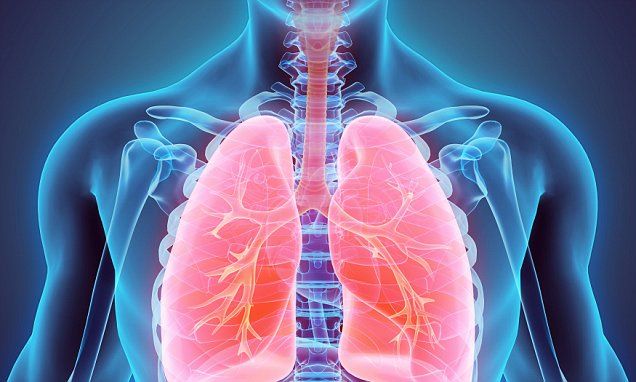
Bronchiectasis
Bronchiectasis is caused by an infection or other condition that injures the walls of the airways or prevents the airways from clearing mucus. Mucus helps remove inhaled dust, bacteria, and other small particles from the airways.
In bronchiectasis, your airways slowly lose their ability to clear out mucus. The mucus builds up and bacteria begin to grow. This leads to repeated, serious lung infections.
Symptoms of Bronchiectasis
Bronchiectasis is caused by an infection or other condition that injures the walls of the airways or prevents the airways from clearing mucus. People with bronchiectasis may produce frequent green/yellow sputum, sometimes with blood also. However, it is possible to have "dry bronchiectasis" in which there is no sputum production. People with bronchiectasis may have bad breath indicative of active infection. Frequent bronchial infections and breathlessness are two possible indicators of bronchiectasis.
Diagnosis of Bronchiectasis
The diagnosis of bronchiectasis is based on the review of clinical history and characteristic patterns in CT scan of the Chest.
TREATMENT
The goals of the treatment are to:
- Treat underlying conditions and lung infections.
- Mucus removal. Maintaining good hydration which helps with mucus removal and prevent complications.
- Antibiotics are the main treatment for the repeated lung infections that Bronchiectasis causes.
- For hard-to-treat infections, your doctor may prescribe intravenous (IV) antibiotics.
- Expectorants and mucus thinners to help cough up mucus.
Drinking plenty of fluid, especially water, helps prevent airway mucus from becoming thick and sticky. Good hydration helps keep airway mucus moist and slippery, which makes it easier to cough up.
Chest physiotherapy performed by physiotherapist followed by respiratory exercises. These exercises if done regularly can prevent progression of the disease.
Early diagnosis and treatment of the underlying cause of Bronchiectasis may help prevent further lung damage.
If the Bronchiectasis is widespread and causing respiratory failure, oxygen therapy it recommended. Doctor also may recommend Bronchodilators, inhaled cysticercoids, oxygen therapy, or surgery in few cases. Selected patient with localized disease, surgery could be considered.
COMPLICATIONS OF BRONCHIECTASIS:
Severe bronchiectasis can lead conditions such as to respiratory failure and atelectasis. When bronchiectasis affects all the parts of the airways it may cause heart failure.

Dr Shashikiran N J
MBBS, MS, MCh
Lead Consultant Minimally Invasive Thoracic surgery
Apollo Hospitals Hyderabad
